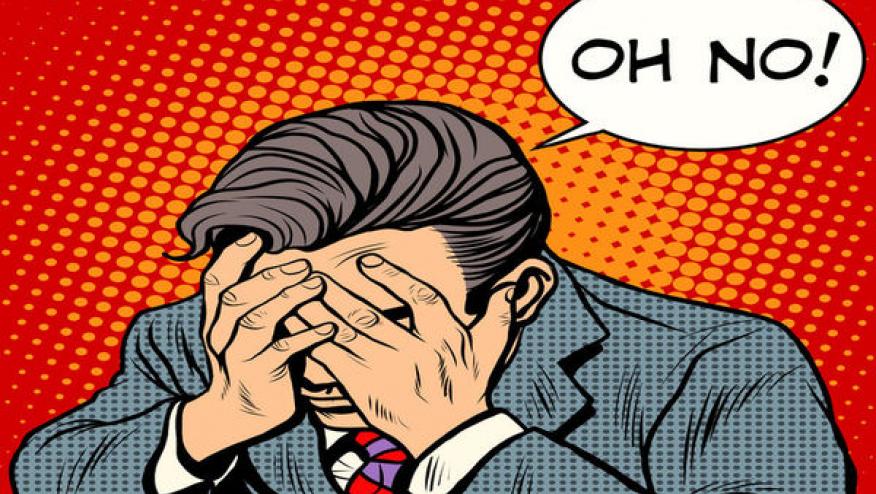Bad Stress Save

“Bad is stronger than good.”
Wait, bad is bad, right?
No good should come of bad. But if you reconsider bad, it could be a challenge, and not a pothole. Success and great opportunity are often the rebound to adversity (bad) or failure. Yet, for most, bad drives the story we tell ourselves; a deflating spin of negativism that is sticky or inescapable.
For you, bad happenings this week could be the rebound motivator for tomorrow’s solutions. If your past informs your future, then your “bad” can certainly improve your future.
For years, in my patient questionnaires, I use to ask “how high is your stress level”?. Everyone said “high”, regardless of demographics, occupation, income or age. I removed “stress” from the survey, as it wasn’t a symptom; it appears the burden we carry. So, we lug around this “stress”; an inner, self-imposed nagging (playing at level 11), with no clear recourse. It’s not surprising that we believe stress to be a killer, and bad for your health.
This, of course, is not true. Physicians know that stress is a normal physiologic and life-saving response to external threats. Somewhere, somehow, “stress” became the label we affix to the negative stories we tell ourselves. Thus, the “stress is killing me” chatter exists in us all.
Like bad, stress is stronger than good. Both can lead you to fret and fail. Both, will either drive or tank your productivity and quality of life. If it were “all good”, all the time we would never achieve, grow, change and find our new, next best self.
Solomon's paradox is described as “one's ability to reason more sensibly about someone else's problem then their own”. You, the great healer, are wonderfully, adept and insightful when it comes to patient advice and guidance.
But how good are you at taking your own advice? Do you ever take stock of the stories you tell yourself and how well that brain chatter is helping or hindering?
It could be time to schedule an appointment with yourself to manage the bad and quiet the stress. Reward yourself with your best advice to manage Bad Stress. Ponder, recite and commit to it and get back to your happy, optimistic and productive self.
This Blog was spurned by this podcast and book:
- Self-Coach Your Way to Success
- Ethan Kross "Chatter: The Voice in Our Head, Why It Matters, and How to Harness It."
Join The Discussion
Jack: Great to see you at RWCS 2023. Disclosure: I study how stress impacts autoimmune disease and am bringing a relevant diagnostic through the FDA.
That said, I agree that Stress is a reaction, and yet humans are wired differently in turns of rapidity, intensity and resolution of this response to the world (allostatic load). I refer to the autonomic nervous system (ANS) which impacts mood, behavior, etc. but also cardiovascular, endocrine and immune processing.
Consider immuno-autonomics and the following references:
1. Elenkov IJ, Wilder RL, Chrousos GP, Vizi ES. The sympathetic nerve – an integrative interface between two supersystems: the brain and the immune system. Pharmacol Rev 2000;52:595-638.
2.Tracey KJ. The inflammatory reflex. Nature 2002;420:853-859.
3. Koopman FA, Stoof SP, Straub RH, van Maanen MA, Vervoordeldonk MJ, Tak PP. Restoring the balance of the autonomic nervous system as an innovative approach to the treatment of rheumatoid arthritis. Mol Med 2011;17(9-10):937-948.
4. Straub RH. Stress in RA: a trigger of proinflammatory pathways? Nat Rev Rheumatol 2014:10(9):516-8.










If you are a health practitioner, you may Login/Register to comment.
Due to the nature of these comment forums, only health practitioners are allowed to comment at this time.